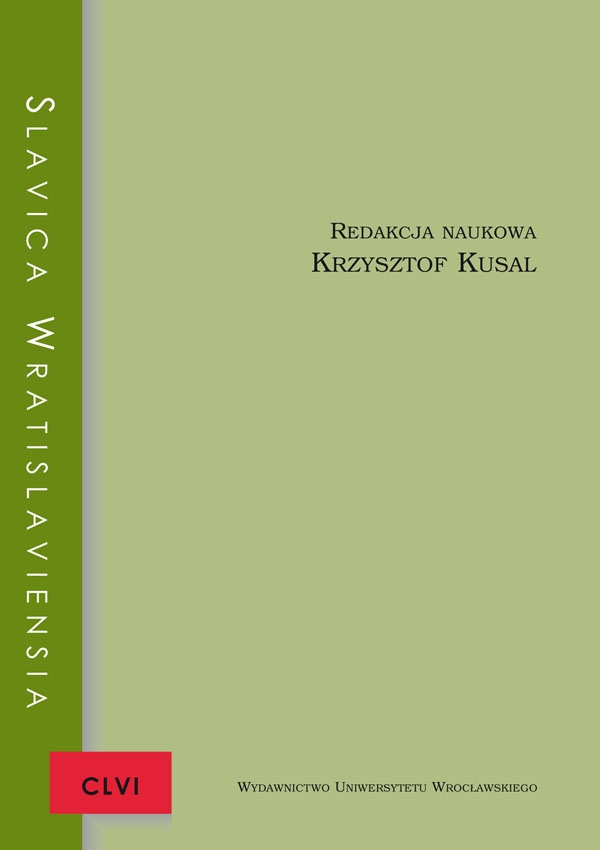

Artykuły

James Joyce’s Ulysses and Yuri Andrukhovych’s The Moscoviad from the mythological perspective
Since its release in 1922, James Joyce’s Ulysses has been a matter of controversy. In the last fifty years the critical reception of the novel has changed considerably. Even though Ulysses was named the best English-language book of the 20th century by the Modern Library, its initial reviews were mostly lukewarm. Inspired by Homer’s The Odyssey, Joyce’s text was seen as vulgar and badly written. Yuri Andrukhovych’s second novel The Moscoviad also caused controversy when it was published in Ukraine in 1994 in a popular literary magazine “Chetver.” The Moscoviad was perceived as scandalous, boring and unoriginal. However, when the novel was translated into other languages its critical reception was very positive; the protagonist named Otto von F. was compared to some of the classical literary protagonists, such as Dante and Odysseus. Although James Joyce’s and Yuri Andrukhovych’s novels show one-day journeys of typical everymen — a Soviet Ukrainian man in the heart of the empire and an Irish Jew in Dublin — they both heavily rely on Odysseus’ heroic adventures. In my paper I show the similarities and differences between the novels by comparing them to the classical myth of Odysseus. Homer’s The Odyssey is treated as a source of the universal theme of homo viator, a constantly travelling man, in European literature. Moreover, by comparing Joyce’s Dublin to Andrukhovych’s Moscow I prove that the unusual depiction of both capital cities is caused by the need to demythologize the Soviet Union and the British Empire.